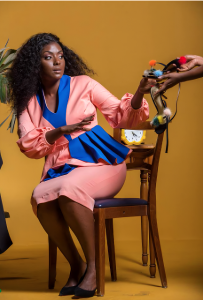
By Kemi Adedoyin
There’s a particular quality to the air when summer settles in. It’s like a promise. The cities feel looser, the music a little louder, the skin more confident. People start to move differently. Even the dust on the roads rises with more drama, as if the earth itself wants in on the performance.
Summer in Africa isn’t marked by a fixed calendar month, nor is it the simple inverse of winter. It’s sensory. Sometimes it’s Detty December’s dry heat in Lagos, sometimes it’s July’s coastal breeze in Dakar or Accra. But whenever it comes, it comes fully. Sun spilling through open markets, hands sticky with mango juice, someone’s cousin’s wedding, where half the village shows up.
You don’t just do summer here, you live through it.
Where We Go When The Sun Comes Out
The season calls us outside. Not with gentle suggestion but with full, chest-beating insistence. You’ll find people answering the call in different ways: some with a quiet beach day, others with a rooftop afterparty that begins at noon and ends when the last speaker dies.
In Lagos, it’s the poolside takeovers – hotel pools converted into hedonistic playgrounds. Entry wristbands, DJs spinning amapiano into highlife, plastic cups balanced on inflatable flamingos. The fashion is deliberate. Midriff-baring crochet, wrap skirts knotted carelessly, the occasional man in linen doing too much and just enough.
At the beach, maybe in Cape Town or Diani, it’s coconut water straight from the shell, grilled fish with sauce that bites back, and the soft chaos of beach football right where the tide meets the sand. Vendors sell bracelets, suya. It’s ladies applying sunscreen, teenagers flirting, and then looking away too fast.

Some escape the city. A lodge in Naivasha, a road trip through the Cape Winelands, or a hiking weekend in the Simien Mountains. Instagram becomes a catalogue of curated soft life – sandals against red soil, panoramic views from infinity pools, captions that say “needed this” because everyone understands what that means.

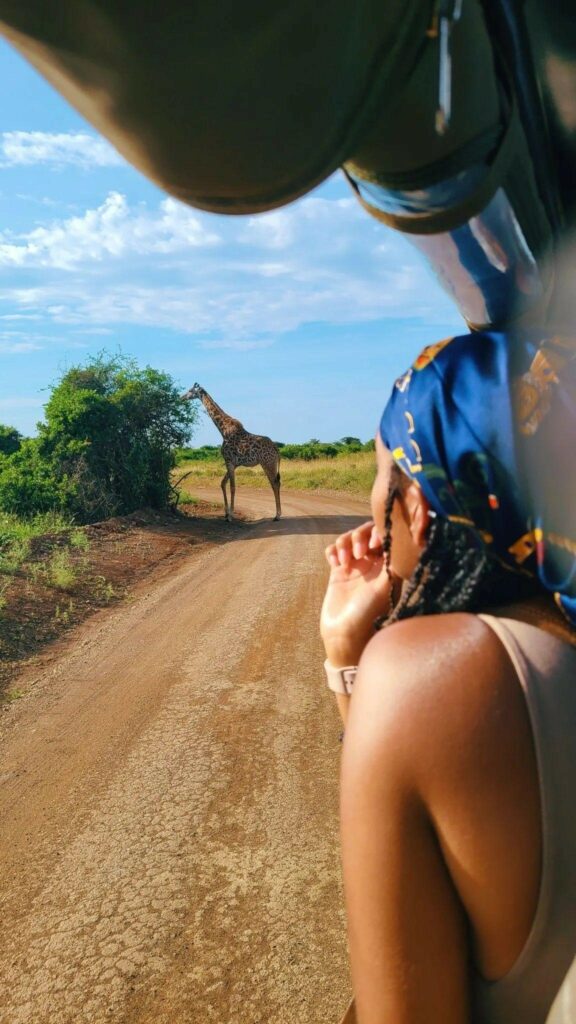
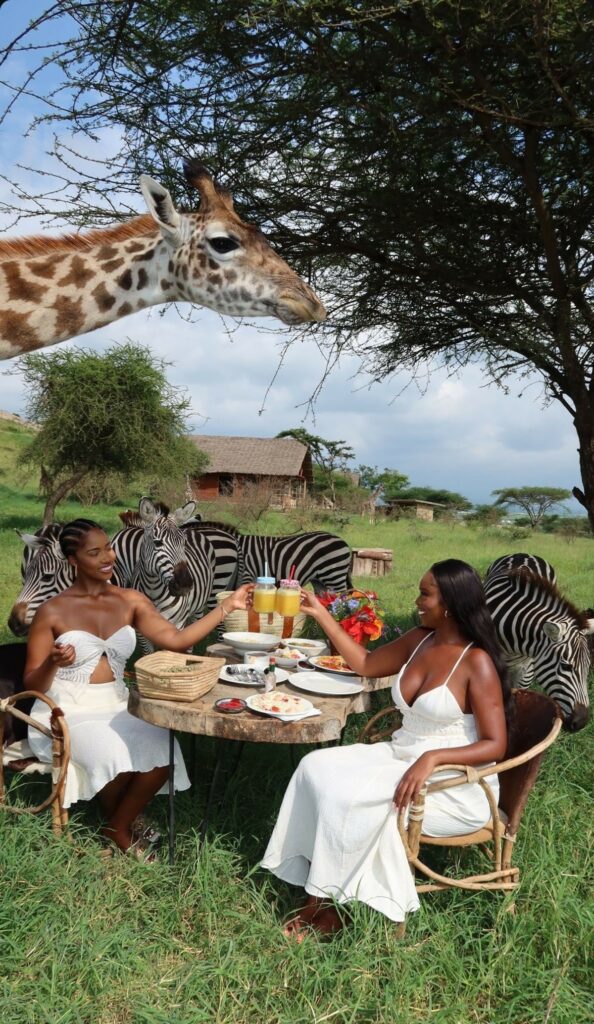
The Season of Festivals: Art, Sound, and Street Noise
Festivals do not wait quietly in the corner. They arrive with drums, glitter, cracked speakers, and hundreds of bodies moving in unison. Summer in Africa is a timeline of these moments. It is cultural, musical, sometimes spiritual, but all layered with meaning.
Chale Wote in Accra is less an event and more a portal. Jamestown becomes a living gallery, walls covered in murals, women in gold dust and headwraps performing slow dances, children painting the pavement. The energy is both future-facing and deeply ancestral as always.
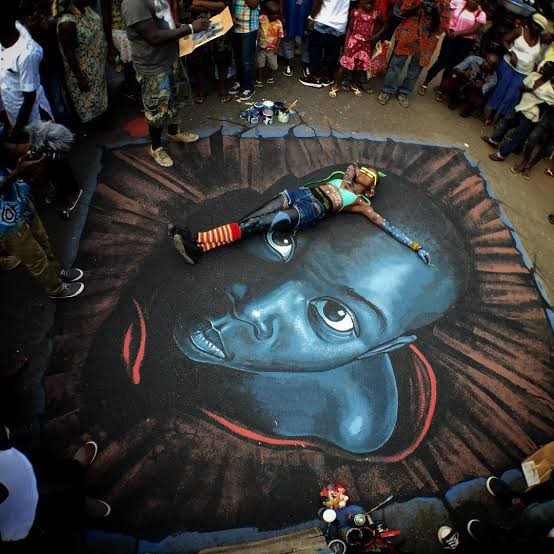

Lake of Stars in Malawi is more intimate. Music on the edge of water, poetry that disappears into wind, beach tents strung with fairy lights. It’s the kind of place where people fall in love, or at least write about it as if they did.

Durban July, if we’re being honest, is not about the horses. It is the Super Bowl of fashion risk-taking, where mesh meets leather, and entire bloodlines turn up coordinated in emerald or ivory. Everyone is somebody, or performing as such.

And if you didn’t know, this years’ Durban July came dressed as a love letter to the country. The theme, Marvels of Mzansi, invited people to show off what makes South Africa unforgettable and they did. Think gold-dusted fabrics, Xhosa beadwork reimagined, structured gowns shaped like baobabs, and jackets that looked like walking murals. Celebrities leaned all the way in. Oh yes! Mihlali’s metallic Ndebele print fit got the internet talking, while others arrived draped in velvet, feathers, cowhide, or full Skhothane-style opulence. The horse race was just background. The main event is Fashion in full South African volume.


And then there’s Nyege Nyege in Uganda. The only place where underground African electronica, experimental visuals, and riverbank campouts feel like a necessary combination. It is sweaty, surreal, and sacred.
What We Wear: A Season of Skin and Statement
The fashion in summer is an act of storytelling. What you wear signals who you are or at least who you’re experimenting with becoming.
The women wear crochet bikinis like they were born in them, pairing them with mesh skirts or denim shorts that barely qualify. There are bumpshots, the tight, high-waisted shorts that women wear unapologetically, paired with spaghetti tops, or bralettes disguised as blouses. Waist beads glint beneath sheer fabrics. Braids are long, lashes longer, and nails bright enough to reflect the sun.
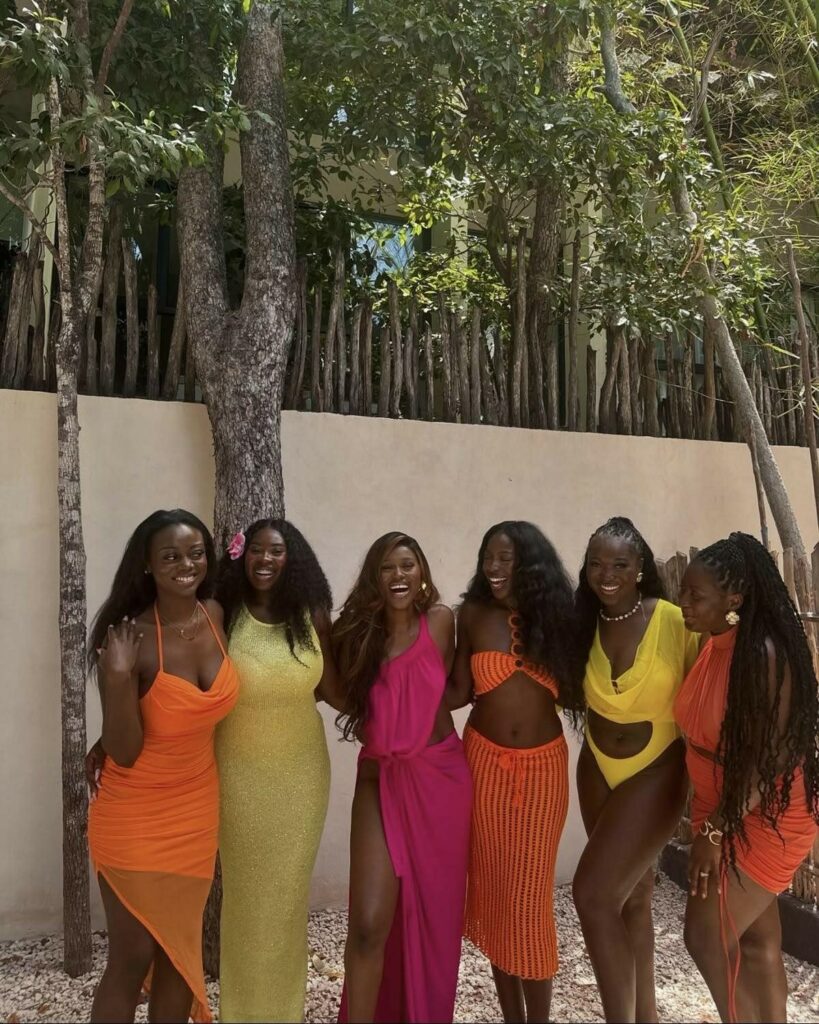
Even the men are leaning in. The minimalist, linen-clad softboy with a bucket hat. The Adire two-piece loyalist. The gym regular who wears vests even when they’re not called for. The men who experiment with anklets, glossed lips, shoulder bags and look better for it.
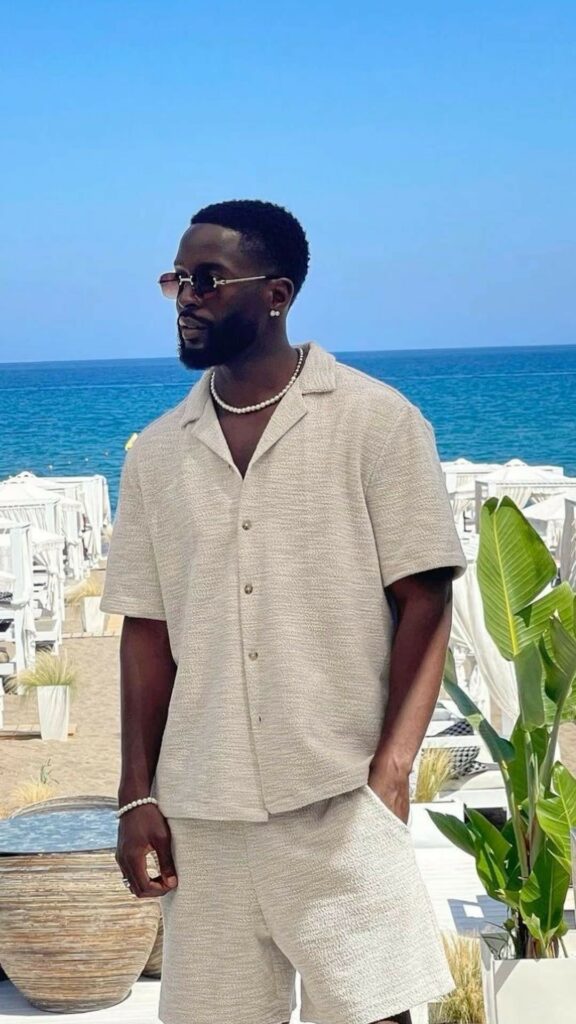
Ankara and Kitenge have also evolved. Less stiff, more sensual. Tailored to frame rather than fit. Halter jumpsuits with open backs, wrap dresses with leg slits that follow the breeze, even the popular sundresses that almost every African lady has in her wardrobe.
The Taste of Summer: Hands, Smoke, Fruit Juice on Your Chin
The food isn’t particularly fancy, but it’s full of flavour and served hot, or cold, or both at once. Fruit vendors make a killing. There are mangoes that taste like childhood, pineapples you can smell from the next street, and oranges that exist mainly to be squeezed into juice. No one is drinking water unless it’s infused or frozen. And let’s not forget the smoothie.
Suya smoke curls through city corners. There’s grilled fish in banana leaves, kebabs laced with pepper so strong it silences conversation. Puff-puff, plantain chips, shawarma, meat pies. In some cities, these are dinner. In others, they are just the warm-up.
You will drink something bright. Say zobo, ginger juice, palm wine, tamarind, and locally brewed lagers. Hydration is a group effort. The grill is always out, and someone’s uncle swears his marinade is the reason the meat “tastes different.”
And Then There’s Just the Vibe
Not every celebration is loud, but every one is intentional.
The weddings, for instance, have taken a softer turn. Garden ceremonies framed by bougainvillea and the kind of light you wish you could bottle. Men in sand-toned kaftans with clean cuts, women in minimalist silk gowns. The décor is simple – woven mats, palm fronds, floating candles, and yet the whole thing feels cinematic.
Elsewhere, it’s everyday beauty. Children outside until dusk, their shouts rising with the crickets. Card games on balconies, laughter echoing down alleyways. The soft hum of a speaker somewhere in the distance blasting Davido, Brenda Fassie, or Ayra Starr, the music always playing like a memory you don’t want to end.
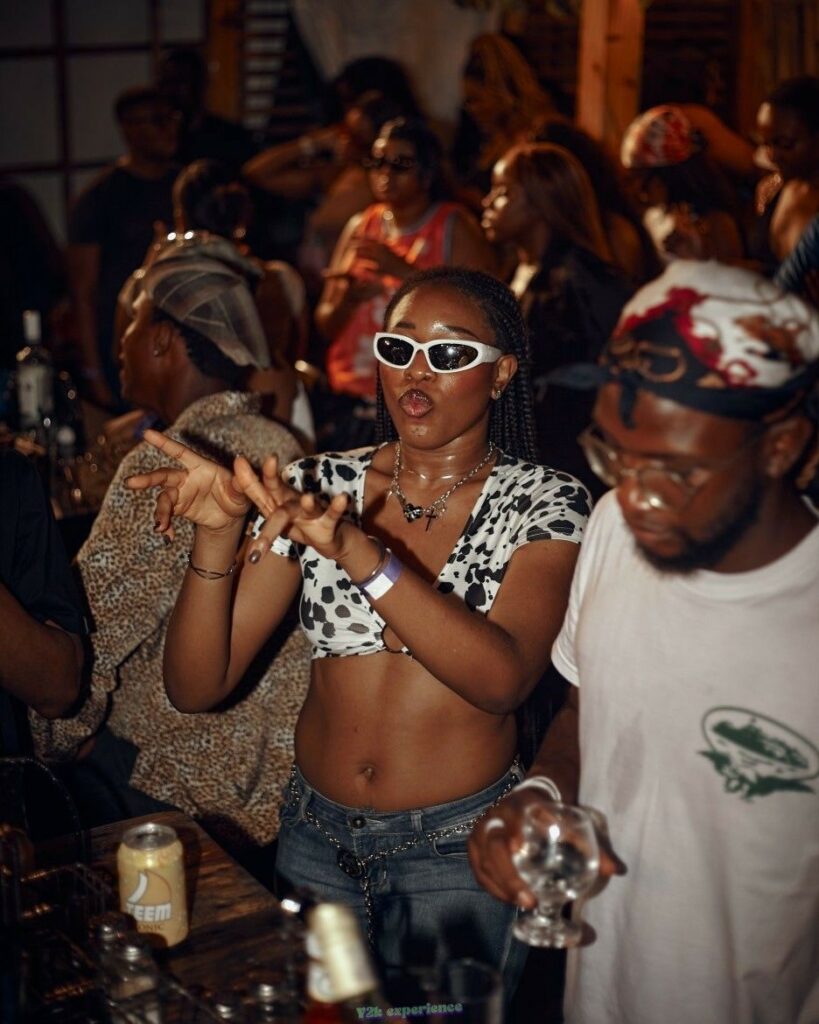
Summer does stretches time.
Night becomes its own kind of playground. Courtyard hangouts, rooftop linkups, road trips where the journey is the point. You wear sunglasses at 9PM not for shade but for mood. If you’re lucky, you’ll get caught in a slow, late-evening rain, just warm enough to keep you outside.
In the End, It’s More
Summer to most of us is when everything else feel worthwhile.
It’s not the same across countries or cities or even households. But it always finds its form. Through the music that leaks from open windows, the fabric clinging to wet skin after a dip.
There’s nothing performative about it. It’s real life, turned up. Trust me, Africans don’t waste a good weather.
So if you find yourself here in Africa during the summer, pause for a second. Take it in.


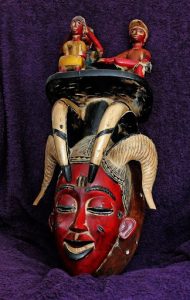

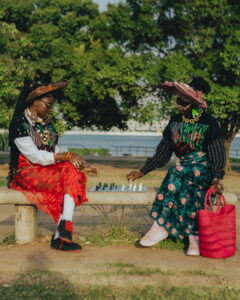
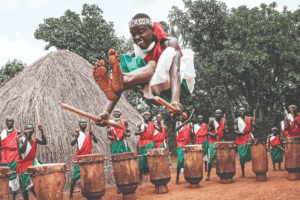


Don’t miss a thing! Sign up to get new content sent directly to your inbox.